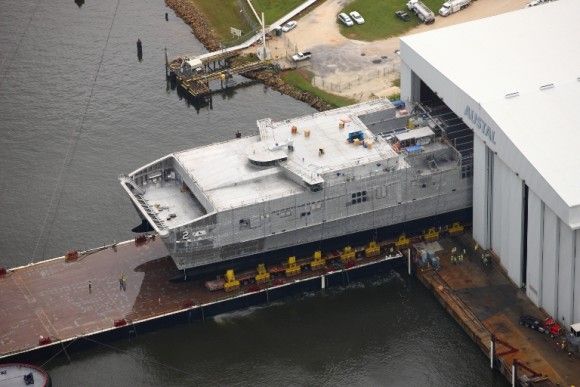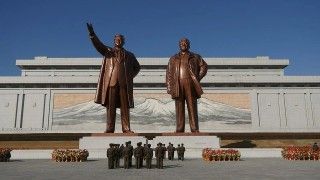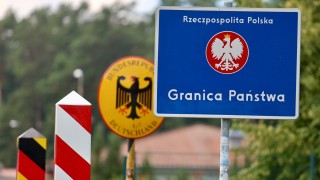- WIADOMOŚCI
- ANALIZA
Saudi Arabia Considers Storing Its Crude Oil in Gdansk
Not only does the intensified trading communication, between the Saudi Arabia and the Baltic states, create a chance for the local refineries, as it is also beneficial for the oil terminal, which is being currently expanded by the PERN company. According to the Russian “Prime” media outlet, Riyadh is considering its options, when it comes to storing the crude oil in the storage space offered by the Gdansk oil terminal. The facility is currently under construction. This solution would make it easier for Saudi Arabia to supply the resource to the customers in Northern and Central Europe.
PERN company, which has a strategic value for the state, inter alia managing the national pipeline network, is currently in the process of expanding the Gdansk oil terminal. The said oil terminal is a key investment. Here, the main goal is to increase the handling capacity and to create a storage space for the resources acquired via the maritime routes. At the end of the year, within the investment area, the facility is going to feature storage space for 375 thousand cubic meters of oil. Ultimately, additional 325 thousand cubic meters are going to be available for storing oil products. This means that, most probably, at the beginning of the next year, the storage space would be filled with oil.
Within that context, it is worth to recall the fact that back in July this year, PERN announced that the company has concluded contracts with “virtually all of the most important traders that are active within the crude oil market”. However, no details pertaining the new agreements were released. Most probably, the contracts have been concluded with companies such as Vitol, Gunvor, Glencore, Total or Trading & Shipping.
Nonetheless, the character of the agreements listed above is most probably close to the last year’s contract initialled with ENI. Thus, not only are traditional transactions at stake (purchasing, shipping, sales), but also handling the resource into the PERN storage spaces, that have been created when the oil terminal was being erected, and storing the oil for a specific period of time, until the moment comes, when the resource is sold to a Polish or a foreign buyer. Within that context, one should ask a question whether intensified trade communication in the Baltic area is going to constitute an opportunity for the Saudi Aramco company, an oil tycoon from Saudi Arabia. According to the Prime outlet, the information of which is usually accurate: Riyadh is considering its options within the scope of storing its oil at the Polish oil terminal, so that it is easier to deliver the resource to the clients based in Central and Northern Europe.
The will of the Saudi company to place large volumes of oil in Poland would show that, the occasional, sporadic oil deliveries, that were being organized for the Polish Lotos (October) and Orlen (November) companies, constitute a part of a wider strategy. The initial signals suggesting that such option may exist emerged on 17th November, in an interview with the President of the PKN Orlen company, Jacek Krawiec, which was published in the Polish “Rzeczpospolita” daily.
Krawiec stated at the time, that in a longer run he does not expect that Russians would dominate the region, within the scope of oil supplies. The official additionally suggested that Orlen is involved in negotiations with Saudi Arabia, regarding a long-term agreement. Right after the interview with the head of the Plock-based company was published, the Russian media announced (on 23rd November) that Russia is willing to decrease the Ural oil price for the European clients. At the time, the governmental circles were the main sources of the information. Rosneft (the main oil supplier for Poland) announced, via its managers, that the Middle-East crude oil will not pose a real threat for the long-term contracts Rosneft has signed in Europe. The information above was published e.g. on 26th November in the OilCapital.ru specialized outlet. These signals are symptomatic.
Most probably, the Saudis are going to start a long term involvement in the Baltic area – this is not a good piece of news for the Russians, whose oil export is based on buyers in Poland, Sweden and Finland. The information released by the Prime outlet makes you realize, that expansion of the Gdansk oil terminal creates a chance of tightening the cooperation with Saudi Aramico. Not only would that increase the energy-related security, it would also show that not only is erecting the oil terminal realized by PERN going to be profitable, but also that the generated profit is going to be enormous.















